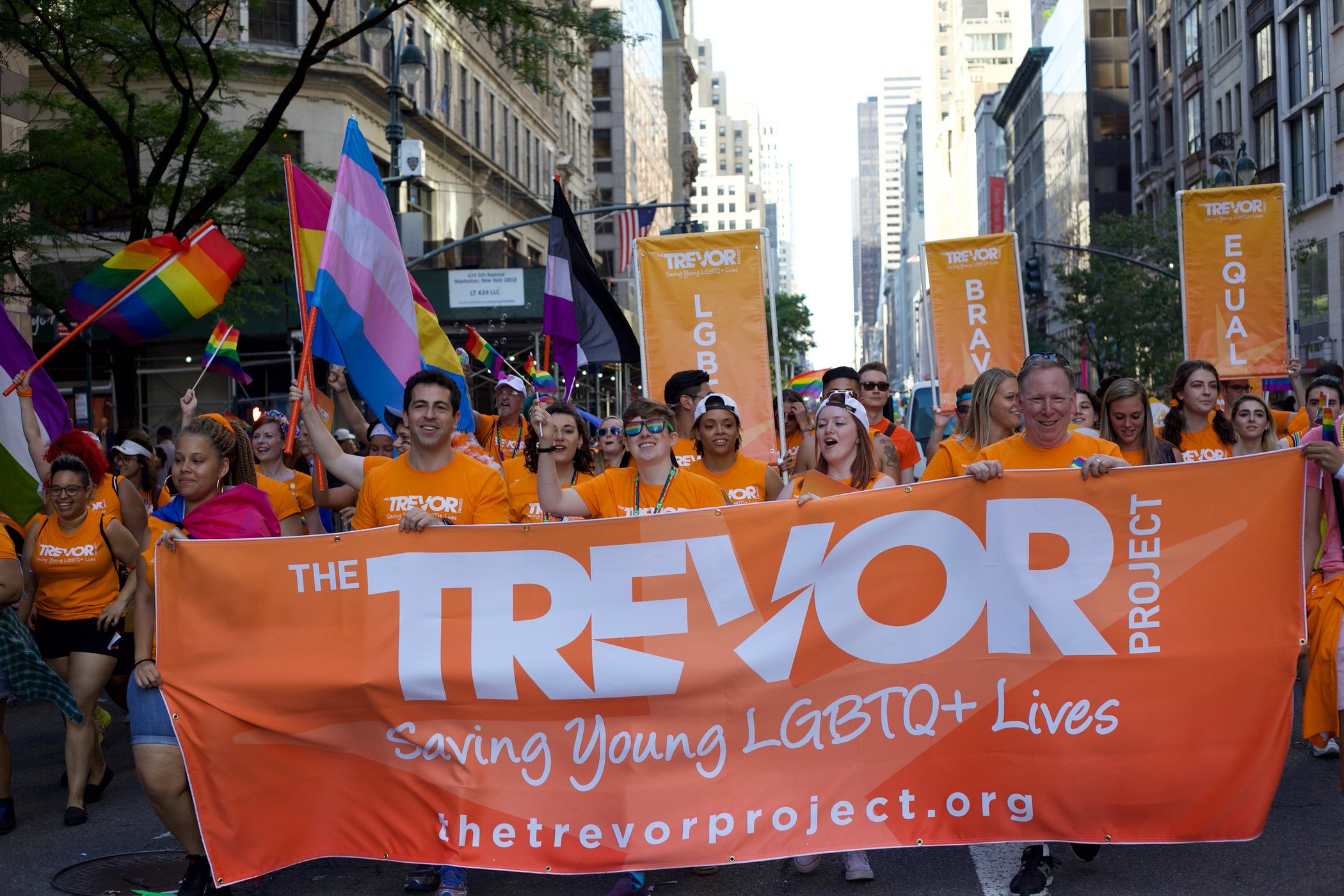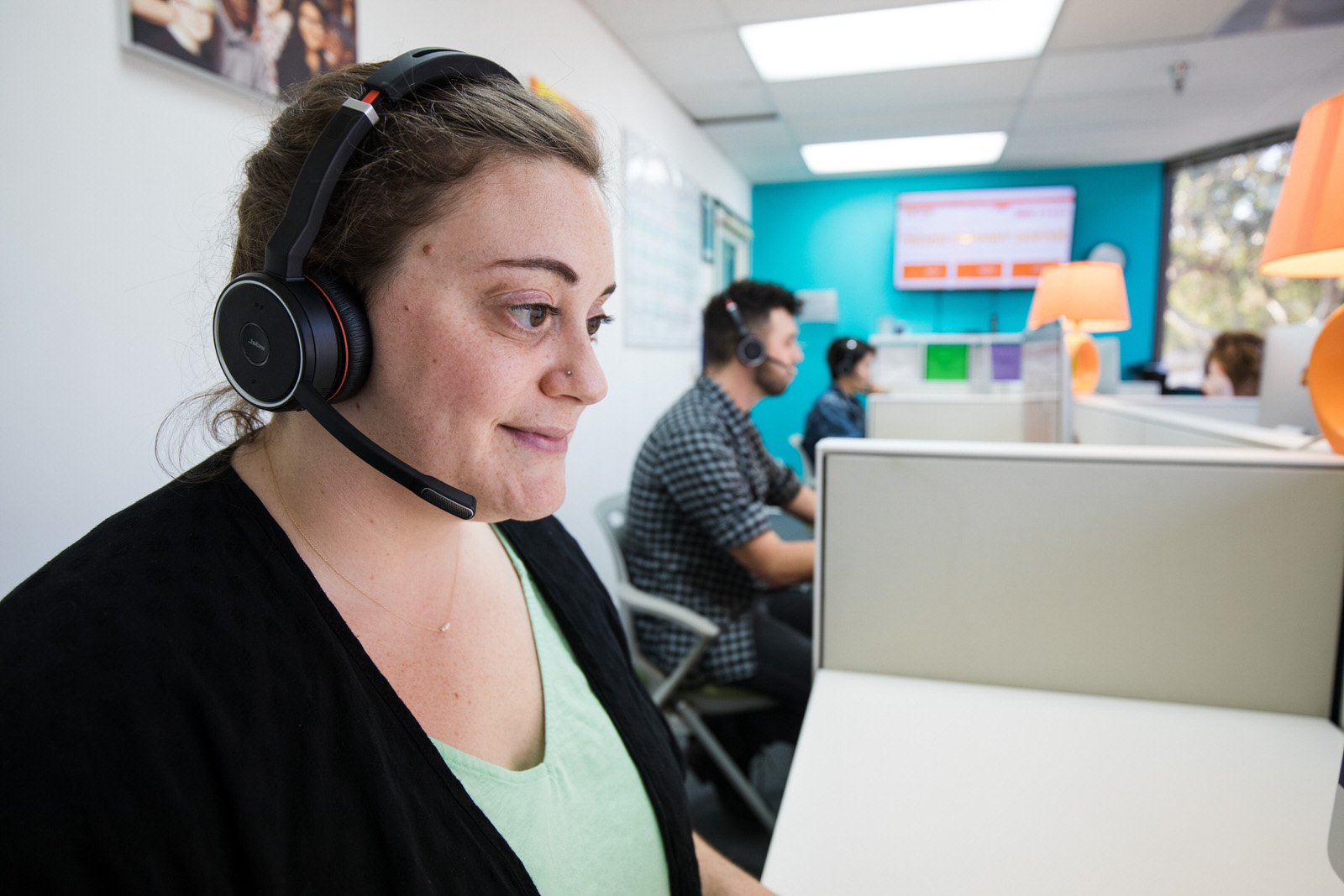Suicide is the second leading cause of death among young people between the ages of 10 and 24, and youth that identify as gay or bisexual are almost five times as likely to have attempted suicide compared to heterosexual youth. Thankfully, The Trevor Project is trying to change the story by offering their support to LGBTQ youth in crisis. One of the main components of this organization is the TrevorLifeline, a phone service aimed at intervening during times of crisis and preventing suicide. I spoke with Paloma Woo, LCSW, the Senior Crisis Services Manager at The Trevor Project about the organization’s mission and the effects it’s had on the community it is serving.
What does The Trevor Project exist to do and why?
The Trevor Project’s mission is to end suicide among lesbian, gay, bisexual, transgender, queer and questioning (LGBTQ) young people. We are the world’s largest crisis intervention and suicide prevention organization for LGBTQ youth. We run 24/7 crisis services programs, including TrevorLifeline, TrevorChat, and TrevorText. We also work to prevent LGBTQ youth suicide through our safe space social networking site that provides peer-to-peer support, as well as our education, training, research, and advocacy programs.
We currently serve 68,000 crisis contacts annually, but we estimate that each year more than 1.5 million LGBTQ youth experience suicidal ideation and could benefit from our services. And we recently celebrated our 21st birthday, which is no small feat! Trevor staff celebrated the organization’s 21st birthday across offices in Los Angeles, New York City, and Washington, D.C.

What resources and services does The Trevor Project offer currently? Are there any new services or ideas being developed to further assist LGBTQ youth?
The heart and soul of The Trevor Project is our 24/7 crisis services programs, which include TrevorLifeline, TrevorChat and TrevorText. We also offer an awesome peer support service called TrevorSpace and provide informative resources on our website at our Trevor Support Center.
Despite being around for more than 20 years, we are growing as an organization to provide more ways to serve youth in crisis in whatever ways are most comfortable and accessible to them.

What does your role as Senior Crisis Services Manager entail? Tell us about the day-to-day!
As the Senior Crisis Services Manager, I am responsible for overseeing the day-to-day operations of TrevorLifeline, which is our crisis intervention and suicide prevention phone line. One of the things that I love about my job is that every day is different and that we work in a fast-paced environment. A day in the life could look like helping to support our amazing team of crisis counselors, developing policies and procedures to deliver the high quality of work that we expect from the full team, and paying attention to key news items that may affect our volume of callers using our services. And since our program requires a lot of collaboration and has many moving parts, there are, of course, many, many meetings.
How have you seen The Trevor Project positively impact LGBTQ youth, their families, and allies? We’d love to hear about the overall effect, as well as any specific stories that come to mind!
Since we provide support through using a crisis intervention model of care, we don’t always learn the outcome of each call.
Some of the most rewarding moments, however, are when we receive calls back from youth who let us know that they’ve reached out to us in the past and that, based on the support and connection that we were able to provide in those dark moments, they were able to work through them.
Similarly, we’ve had people, now adults, who have previously used our services become a part of our volunteer community, supporting Trevor through the many opportunities that we have available. Getting to know them and seeing how much of a positive impact our programs make is incredibly gratifying.

The Trevor Project offers so many avenues to receive crisis services. What is the organization’s overall philosophy and method of guiding LGBTQ youth through times of crisis?
By offering so many different ways to reach our crisis services, Trevor acknowledges that we want to meet our young people where they are.
What we do know is that something as simple as human connection can decrease a young person’s risk for suicide by up to 30%.
We have an amazing team of crisis counselors who are trained to sit with young people in those really painful moments and provide empathy and understanding to the various stressors they face.
In your experience, what have been the most common crises and issues youth are seeking support on from The Trevor Project counselors?
There are many, many reasons that someone would reach out to our crisis services programs, and we don’t judge any of them. We know crises are different for each and every person. Nevertheless, some of the most common themes that we see are isolation, fear of rejection, and feeling like they don’t belong, which may be related to bullying, relationships, coming out, or a whole other host of presenting issues.

How could anyone in the Yellow community best get involved in The Trevor Project’s efforts to help LGBTQ youth if interested?
We couldn’t do the work that we do without the support of our amazing and robust volunteer community. We are always looking for folks who are just as dedicated and passionate about our mission as we are. If you’re one of those people, you can volunteer with us from anywhere in the country as a crisis counselor, or in other capacities, including our advocacy work. Learn more about volunteering here.
In your wildest dreams, what changes do you hope to see in society as a result of The Trevor Project’s work?
Without sounding glib, I hope that one day my job will not exist.
In order for that to happen, there needs to be a lot of work done from various systems - the political sphere, schools, families, the media, and other institutions. I hope that parents come to understand that their children are beautiful and whole regardless of their sexual orientation or gender identity; that young people are able to see representations of themselves in the media and have role models to whom they can aspire; that the government will end its aggressive practices to undermine and violate the rights of sexual and gender minorities; and that youth will feel welcome and understood in spaces that they operate.
Photos courtesy of The Trevor Project
